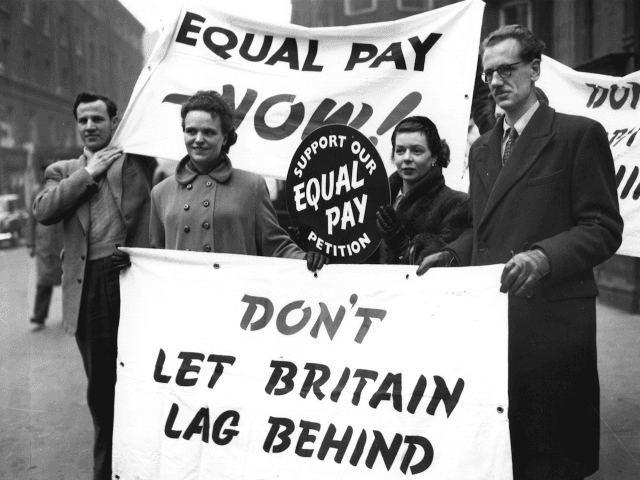A large-scale analysis of 29 studies has revealed a “sexuality pay gap” between gay and straight women, with heterosexual earning significantly less that their homosexual counterparts.
The revelation comes on the same day the British government announced their plans to “shame” British companies into ending the so-call “gender pay gap”.
Nicky Morgan, the Education Secretary and equalities minister, said the Tories would force large British companies into publish league tables of gender pay discrepancies, to “name and shame” them into ending the “discrimination”.
However, according to the findings of Marieka Klawitter of the University of Washington, who analysed 29 studies on wages and sexual orientation, gay women earn an average of 9 percent more than straight women.
The research, from America, the UK, Canada, Germany and the Netherlands was adjusted to compensate for the fact that lesbians are generally more educated than straight women.
The reasons behind the “sexuality pay gay” are probably similar to the those behind the “gender pay gap”. Gay women are much less likely to have children and take time out of their careers to raise a family, so they’re more likely to get promoted. However, the government has not announced any plans to “shame” firms which pay gay women more generously.
Mrs Morgan said: “In recent years we’ve seen the best employers make ground-breaking strides in tackling gender inequality. But the job won’t be complete until we see the talents of women and men recognised equally and fairly in every workplace.
“That’s why I am announcing a raft of measures to support women in their careers from the classroom to the boardroom, leaving nowhere for gender inequality to hide”.
It has been pointed out that women in their twenties and thirties earn significantly more than men in the same age bracket. Those who believe that the “gender pay gap” is due to men and women doing different jobs and making different choices later in life, rather than discrimination, have said the new plans will only cause confusion.
Ben Southwood, Head of Research at the Adam–Smith Institute, said the “league tables” would not show “if men and women are being paid fairly, or even if the promotion system is fair, but just whether [companies] employ different kinds of people”, who do different jobs.
“What the government is doing might mislead more than it informs. If you just look at the mean and medium — the average — levels of pay for men and women, then if men and women within those firms are doing different jobs, you are going to get very strange results”, he explained on BBC News this morning.

COMMENTS
Please let us know if you're having issues with commenting.